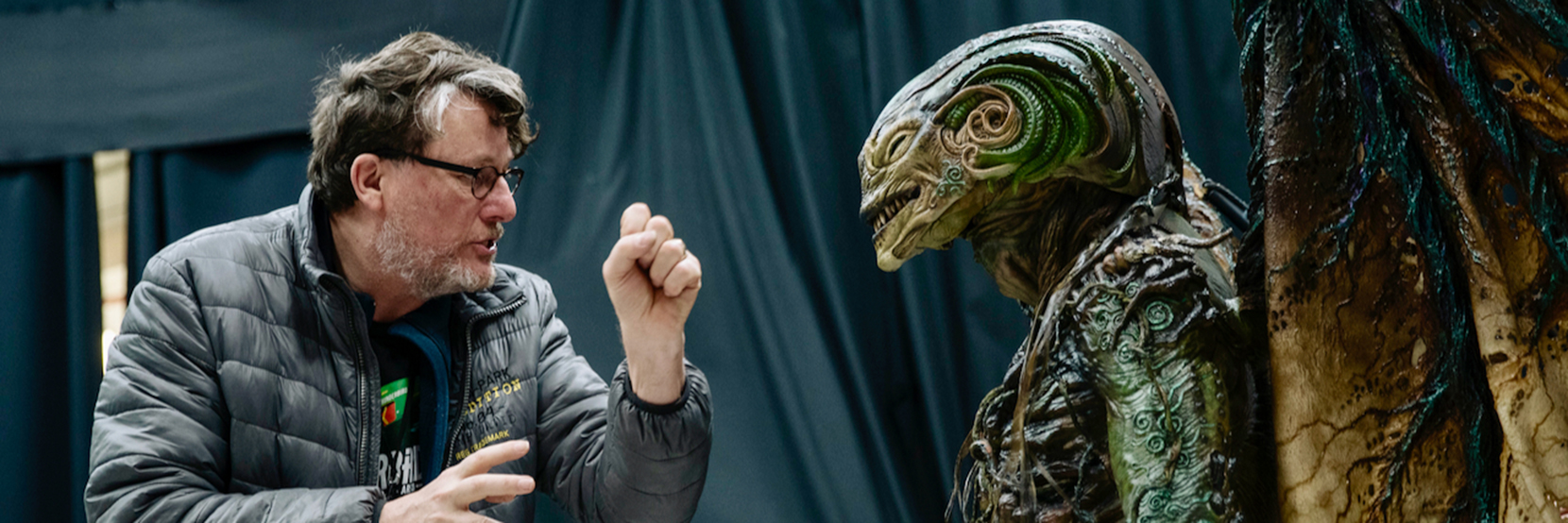“Our first workshop was an eight-foot square room with a double bed in the middle,” says Richard Taylor who, with wife Tania Rodger, founded what would become Wētā Workshop in 1987.
“We started our careers sculpting in margarine because my wife and I didn’t know of any better sculpting medium at the time. Most of the first 200 or so commercial sculptures that we did in the film and television industry were sculpted in margarine!”
Throw in resourceful, too. As the ‘number 8 wire approach’ is considered foundational to New Zealand, so it is to Wētā Workshop.


